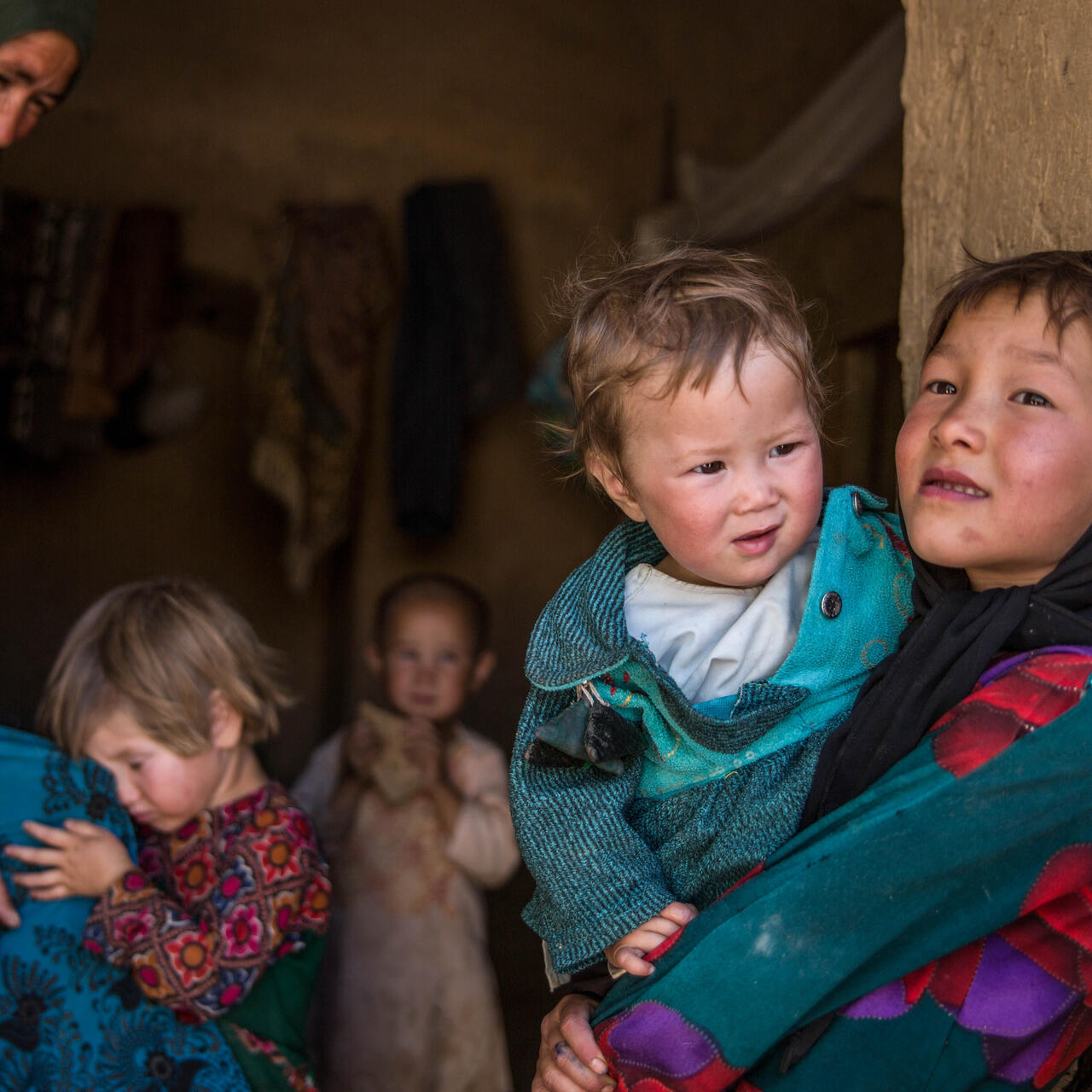
How the IRC helps in Afghanistan
Our work in the country, which has from the start spanned “the arc of crisis” from conflict to resettlement, has never been more urgent and crucial.

Our work in the country, which has from the start spanned “the arc of crisis” from conflict to resettlement, has never been more urgent and crucial.
The International Rescue Committee began work in Afghanistan in 1988. Our programs span eight provinces and reach millions, with additional support provided to Afghans who have fled to neighboring countries or who have been resettled in the United States.
As the current crisis intensifies, our staff—99% of whom are native Afghans—will continue this critical work. Below, explore the ways that the IRC helps in Afghanistan.
To learn more about actions you can take, read our guide on five ways you can help Afghans today.
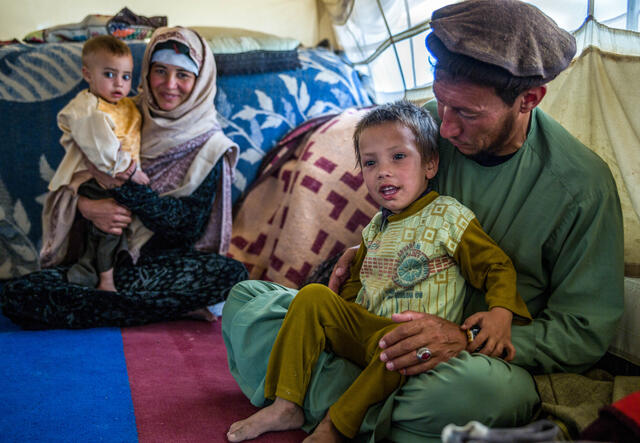
Our global Signpost program, a suite of digital tools, provides accurate and trusted information in multiple languages for people in crisis or fleeing conflict. This critical service has reached over a million refugees, asylum seekers and crisis-affected communities in Colombia, Greece, Italy and El Salvador, to name a few locations.
In Afghanistan, we plan to offer Signpost in Dari and Pashto, the most widely spoken languages in the country, to share information about resettlement, including information for individuals who helped U.S. programs or troops.
Cash assistance, one of the most effective and efficient forms of aid, allows families to decide for themselves what they need the most. Our initial response will focus on providing food, water and shelter for people who have fled to Kabul. We plan to help families buy essential goods and services once banks and other institutions reopen.
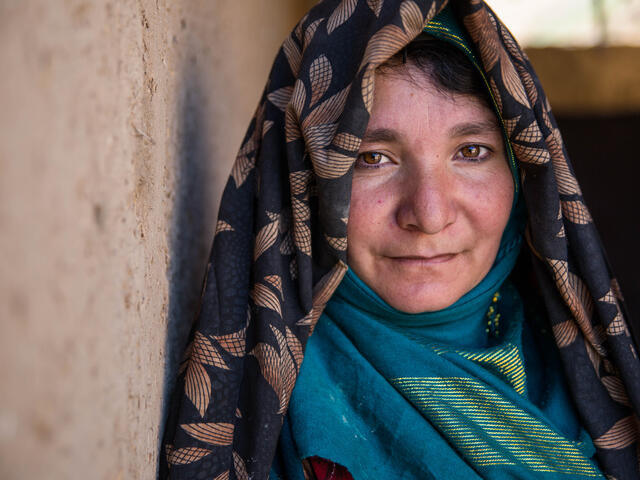
Outside of Kabul, we hope to reach communities in need across affected provinces, including locations heavily affected by conflict. Among our priorities are farmers in need of cash to harvest and send crops to market.
Go inside IRC’s work in #Afghanistan—and meet an Afghan mother we’re proud to support—in this @60Minutes clip.
— IRC - International Rescue Committee (@RESCUEorg) December 13, 2021
In their own words, meet two more Afghan mothers and read their stories of hope and hardship, as winter approaches: https://t.co/Abe0ekb8eF https://t.co/avgGMG5aSe
Afghans are experiencing a rapid decline of existing health services in addition to COVID-19. We will help by setting up mobile clinics and offering online support to district level clinics. Our health programs will also address the needs of women and girls, including maternal health care.
Education can be a lifeline for children in crisis or conflict, helping them to cope and to build a brighter future. In Afghanistan, we will provide safe, healing learning spaces to the tens of thousands of displaced children missing school because of conflict and COVID-19.
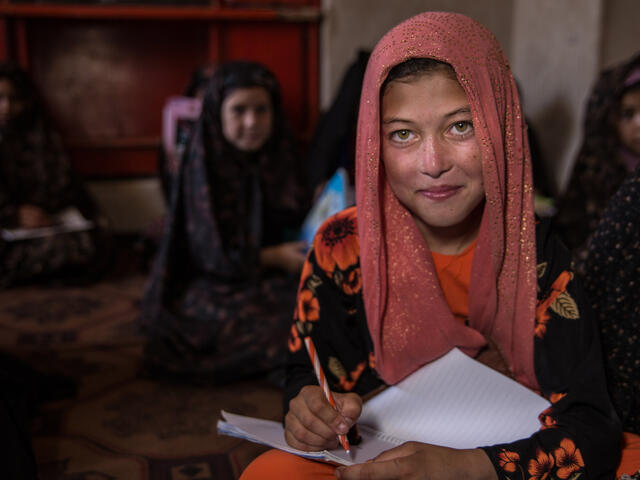
These spaces will offer psychological and emotional support on top of basic literacy and math instruction. They will also provide clean water and sanitation for children whose families have been uprooted.
Recently, the IRC assisted with the resettlement of Afghans affiliated with the U.S. who were relocated to a government base in Virginia. We’ve also welcomed Afghans who arrived in other regions in America
As more Afghans resettle in the U.S., we will continue to help them integrate and thrive in their new homes.
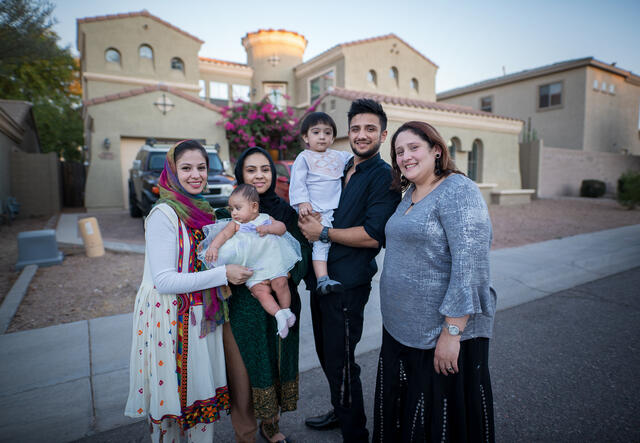
Donations from individuals, companies and foundations are critical to meet the needs of those affected by the crisis in Afghanistan. The IRC is appealing for much-needed funds to ensure our teams deliver lifesaving aid in conflict areas.
Donate now to help the IRC support Afghans in crisis.
The IRC is consistently awarded top marks by charity watchdog groups for our efficient use of donor contributions and the effectiveness of our work. See more reasons to give to the IRC.